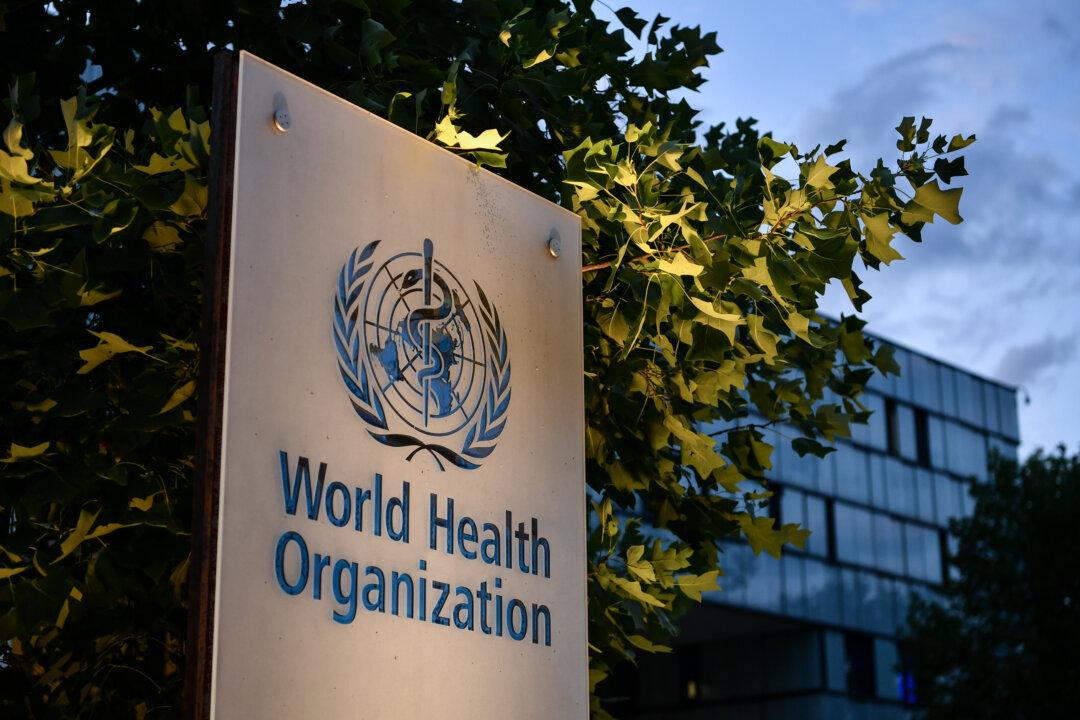According to Reggie Littlejohn, president of Women’s Rights Without Frontiers, China seeks to use the WHO’s proposed amendments and pandemic treaty to expand its social credit system globally.
The World Health Organization (WHO) is pushing for a pandemic treaty and changes to the current International Health Regulations (IHR) to strengthen its position during medical emergencies. Additionally, these suggestions expand the definition of emergencies to encompass prospective danger, not just actual injury. A definition of “One Health” that includes all occurrences in the biosphere that might affect human well-being is provided in the draft treaty. The WHO director-general will have sole authority to make decisions on this matter. Countries will be required to ratify the WHO accords.





